Five top tips from a kung fu master for a healthy life – and, after 60 years of martial arts, he’s living proof- SCMP
- Kung fu taught Graham Player to walk as a boy in Australia. He’s devoted his life to to the martial art and still leads classes five days a week
- He practises a philosophy that combines Western and Chinese medicine
Graham Player has six decades of martial arts under his belt. His muscular build, mental acuity, and ability to lead three-hour classes set him apart from most other senior citizens.
The silver-haired Player practises the Hung Gar form of kung fu, and is a walking advertisement for how beneficial this has been to his fitness.
Forget iPads and video games – how about kung fu for children?
He readily admits he does not connect with most elderly people. “I don’t identify with people my age, they look like they are from another generation to me both physically and mentally,” Player says. He refrains from giving his exact age.
Not many people of his advanced years lead gruelling three-hour classes that begin with a warm-up followed by high-intensity interval training, in which attendees alternate between heart-pumping exercises and seven seconds of rest. Next is sit-ups – 200 of them sometimes, followed by kung fu stances. The kicker? He does this five times a week.
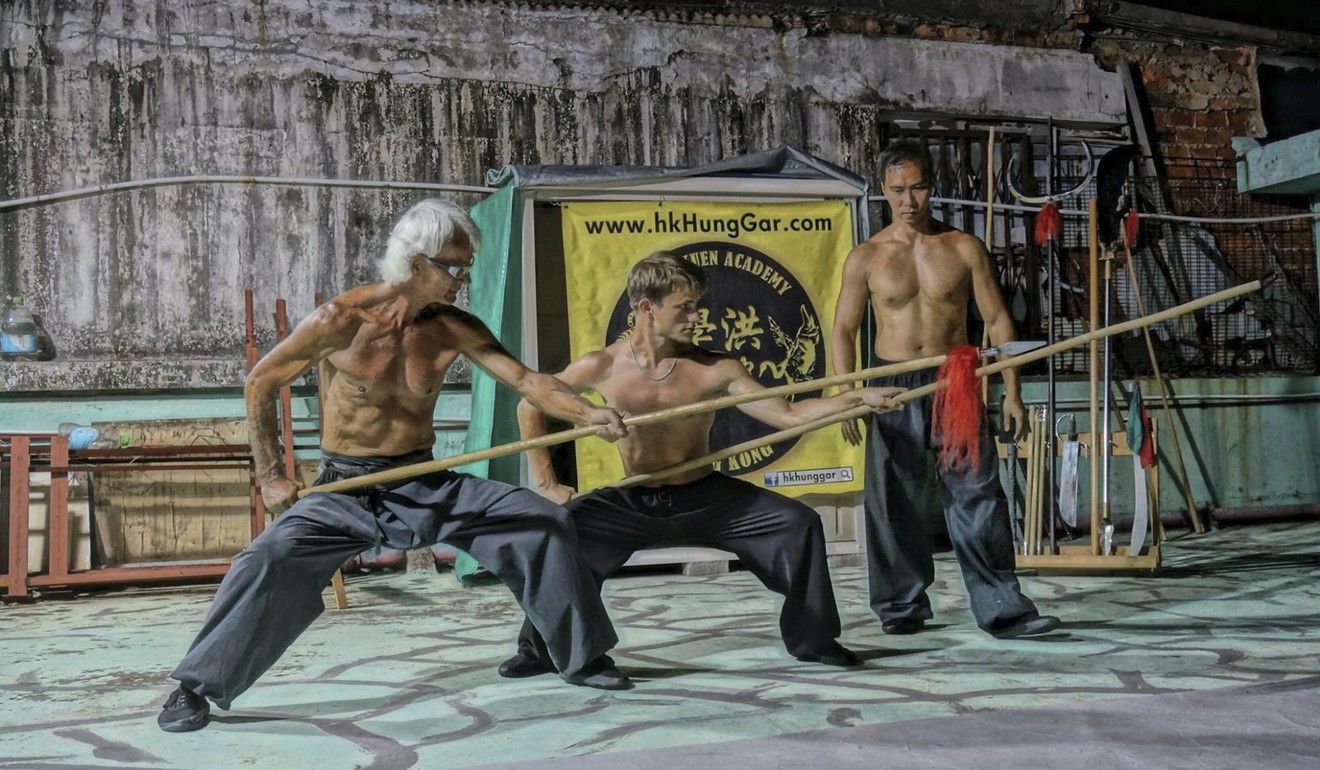
Player founded his Hung Kuen Academy Hong Kong in the 1990s, based in a community centre in Tai Kok Tsui, West Kowloon, where he teaches this style of martial arts to young and old, and Bruce Lee wannabes. Only recently has he begun teaching one-hour sessions to foreigners in Mui Wo on Lantau Island.
He recognises that in Hong Kong – where people are generally motivated by money, success and the need for saving face – health and fitness are not most people’s top aspirations. “You have a society that … thinks we are indestructible at a personal level and can just keep going, doing what we are doing and make money and we will be fine,” he said.
Even when sickness hits many in mid-life, they tend to visit doctors for a convenient fix so they can simply resume their old way of life. Player says the Western medicine approach in treating symptoms rather than addressing the cause, plus not doing enough to prevent diseases, highlights the system’s limitations.
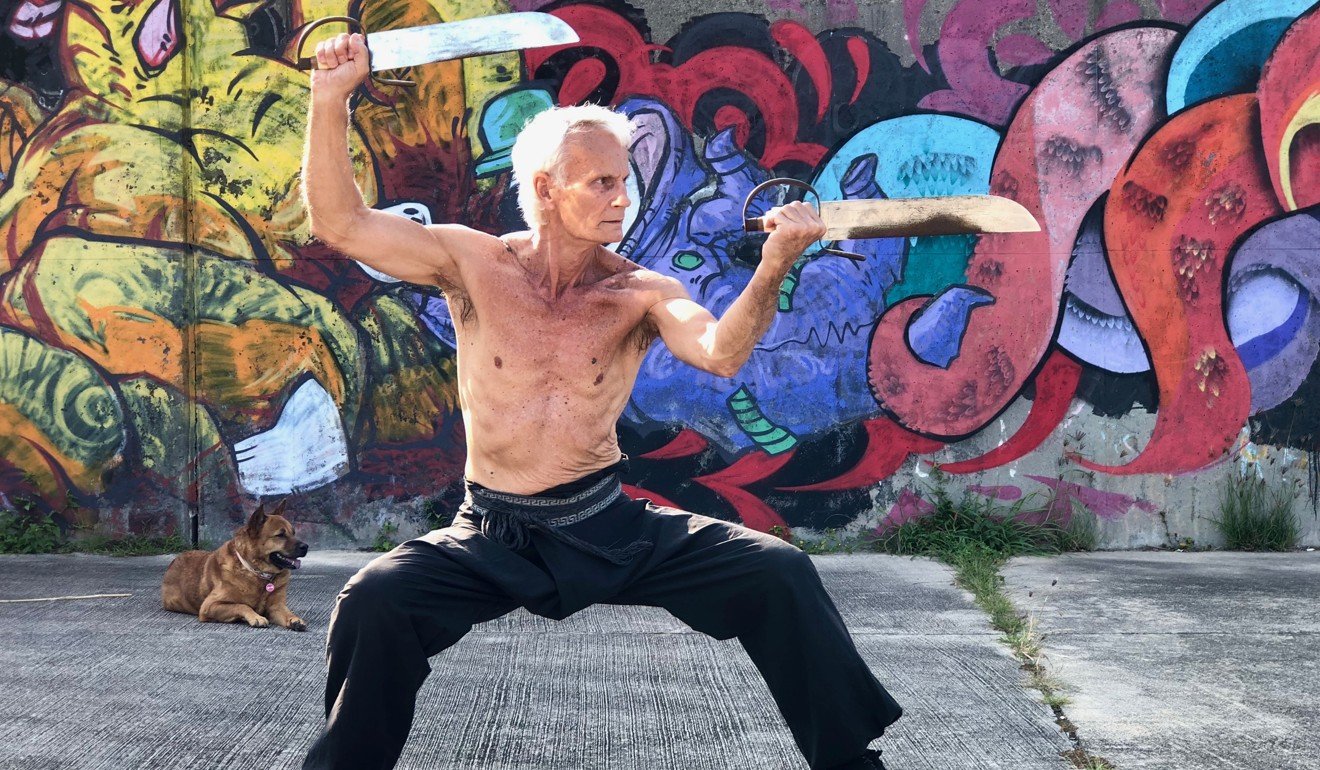
How martial arts came into his life and revolutionised his health could be the plot for a Marvel Comics film. A congenital disability resulting in a poorly functioning right hip meant the Australian was wheelchair-bound as early as he can recall. At five years old, his father, a doctor, contemplated surgery to liberate his child from the wheelchair, but feared he would always walk with a limp afterwards.
The young boy spoke to his neighbour, a Chinese medicine practitioner surnamed Chan, who convinced the father he could fix the handicap without surgery.
For years Chan worked on the child to restore movement in his weak leg, with legwork exercises, much kung fu stance work – including the horse stance (in which the legs support the rest of the body), massages, plus other practices related to traditional Chinese medicine (TCM) that helped strengthen and invigorate Player.
Do different types of exercises to protect the vehicle in which you exist so it can be functioning properly
In the 1950s, the then 12-year-old walked into Chan’s Hung Gar studio. “I saw all these people doing my exercises, then I saw the weapons,” he said. That was when he realised his means of rehabilitation was Chinese kung fu. Through Hung Gar, Player was finally able to walk independently at 16. When he was 18, just before his mentor Chan passed away, Player pledged to continue practising martial arts and pass it on to others.
Hung Gar is perhaps lesser known than other Chinese martial arts styles made prominent in pop culture, such as wing chun (popularised by martial arts stars such as Bruce Lee and Donnie Yen Ji-dan). Wing chun is a southern Chinese style. So is Hung Gar. According to Player, southern Chinese tend to be shorter than northerners, so southern styles focus on low stances and how to produce dynamic power.
His favourite routine is “iron wire fist”, performed to “develop your inner and external strength to produce power”. Player adds: “It’s all about creating in your body something like a piece of wire that is extremely strong, all based on the principles of qi gong.”
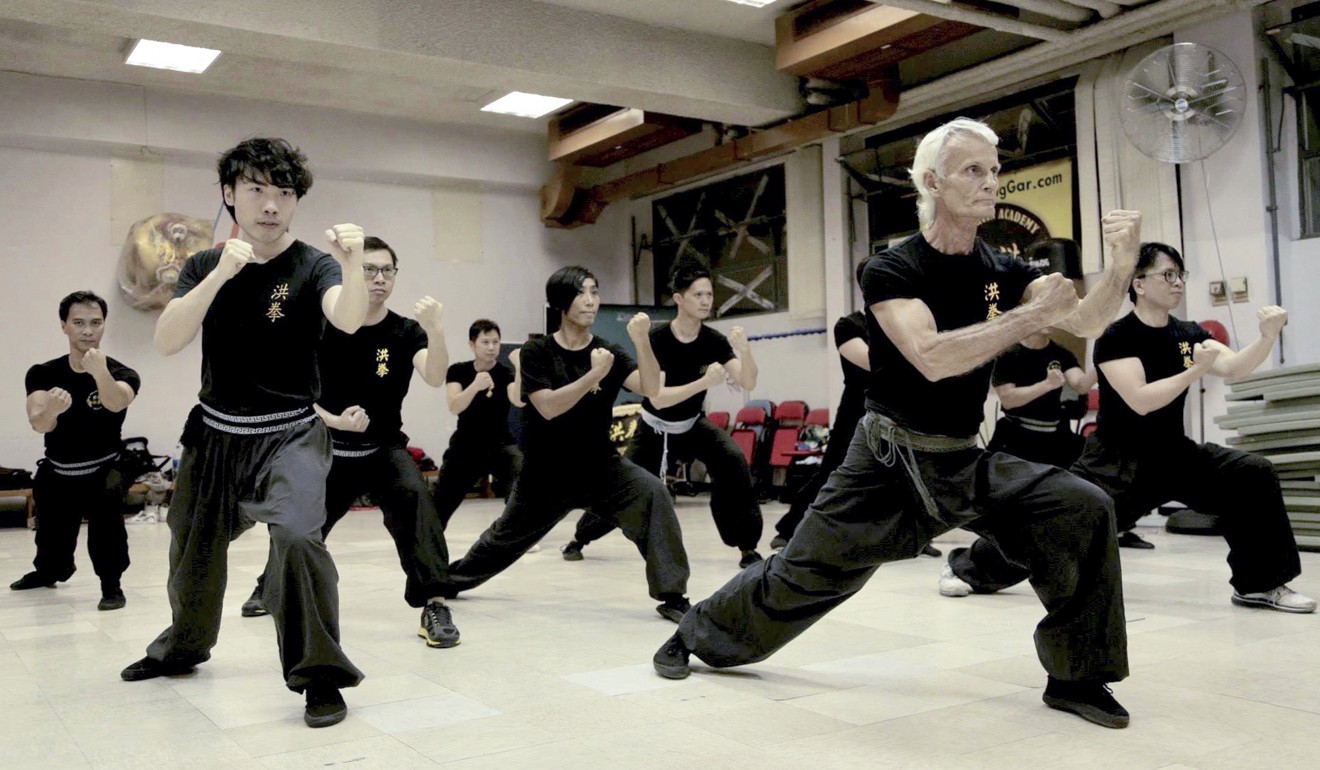
Practising kung fu for years makes one mindful of one’s body and health too. “All this activity leads to the mind-body relationship: as you age, you think you can’t do this as well as before … you look at what’s going on in your body, what’s changing, and that leads you to health,” he said.
In martial arts, though, the mind-body relationship and health are inseparable concepts.
Raised by a father who was a doctor, but having experienced TCM and martial arts early in life, Player absorbed knowledge from both realms. He acquired a doctorate in Western health sciences, and became a licensed TCM practitioner in Hong Kong and Australia. He believes combining both systems delivers amazing health benefits.
So being old means putting your feet up? Think again, and live longer
“I’m the sort of guy that is never superficial, if I do something, it’s on a really deep level,” he says. Player went deep down that proverbial rabbit hole for years to come up with his own health model that incorporates both paradigms.
His “Five Habits of Wellness” are:
1. Activity
2. Diet
3. Social interaction and intimacy
4. Mental state
5. Rest and relaxation
His approach to activity is to encourage regular participation in physical fitness exercises, and the setting of objectives for your body so that you push to attain them.
If you want to be flexible and supple, for example, work on a full range of motions such as stretching and movements that work on all the joints. If you want a healthy heart and lungs, practise aerobic exercises such as running and skipping to get both systems pumping. If you want to preserve muscle mass as you age, weight-bearing exercises are essential.
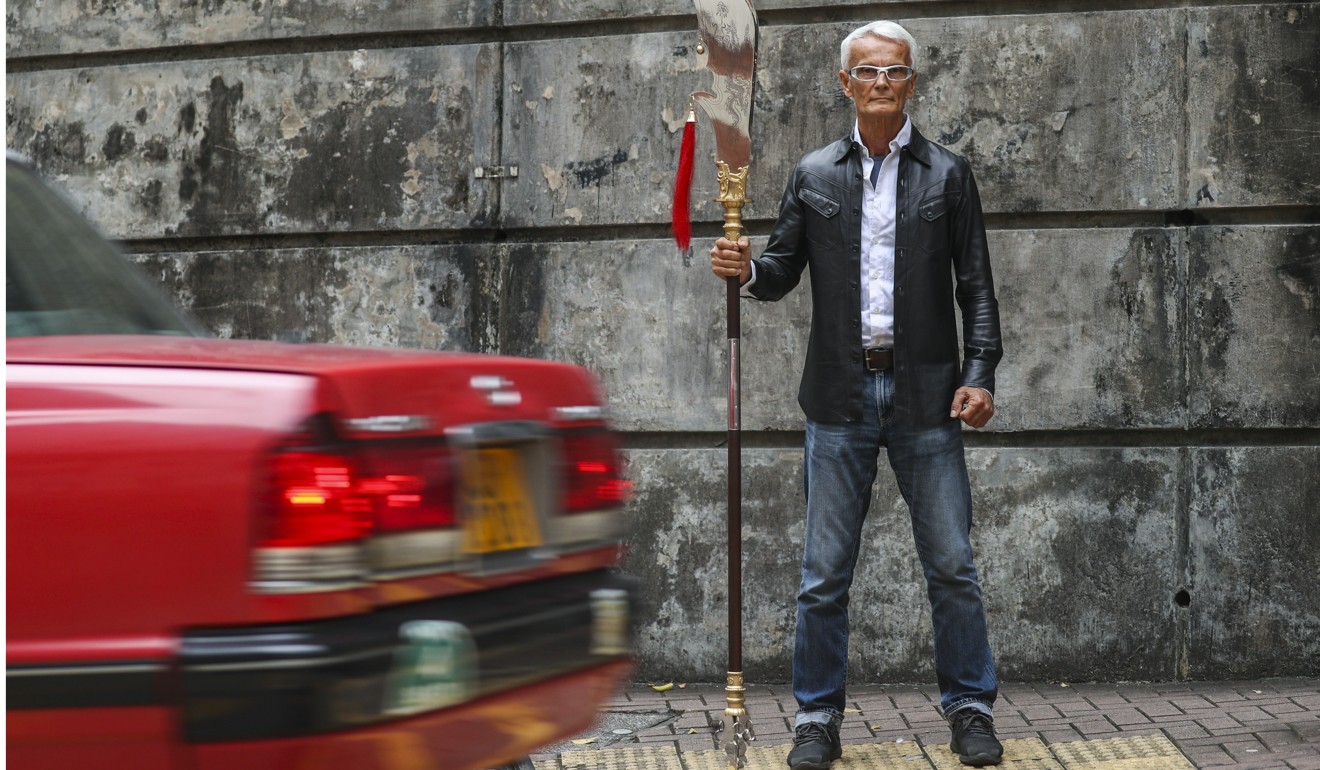
“Do different types of exercises to protect the vehicle in which you exist so it can be functioning properly,” Player says.
As for social interaction and intimacy, he says it is vital to engage in both; as social animals we need them to survive. But be mindful of the people you engage with.
“Do I want to interact with a 70-year-old who does not have a very balanced outlook on life and keeps telling me about the good old days and does not agree with [the ubiquity of] mobile phones and Facebook,” he asks rhetorically.
Player has no interest in socialising with such people. He is a proponent of embracing change and moving along with the world.
Also, he urges people to safeguard intimacy. “We depend on other people for our existence so that’s an important part. You need to protect it as you get older.”
Home-grown Hong Kong: Eu Yan Sang’s traditional Chinese medicine
As for mental state, he says, have the right outlook, otherwise life is not satisfying. Spirituality can help. “You need to have some belief system that may or may not involve going to church or worshipping.”
Rest and relaxation are essential habits, too, particularly getting enough sleep. Eating a healthy diet is of paramount importance. Instead of just focusing on the Western approach of food’s nutritional or chemical compositions, incorporate other aspects, such as the Chinese medicine approach that food is medicine.
“Whatever you eat, be mindful of what it is going to do in your body and what your body may need at that particular time,” the vegetarian advises.
Pay attention to the quality of food in your diet. Eat seasonal produce, for example, he says. Overall, prioritise wellness and fitness as everyday practices.
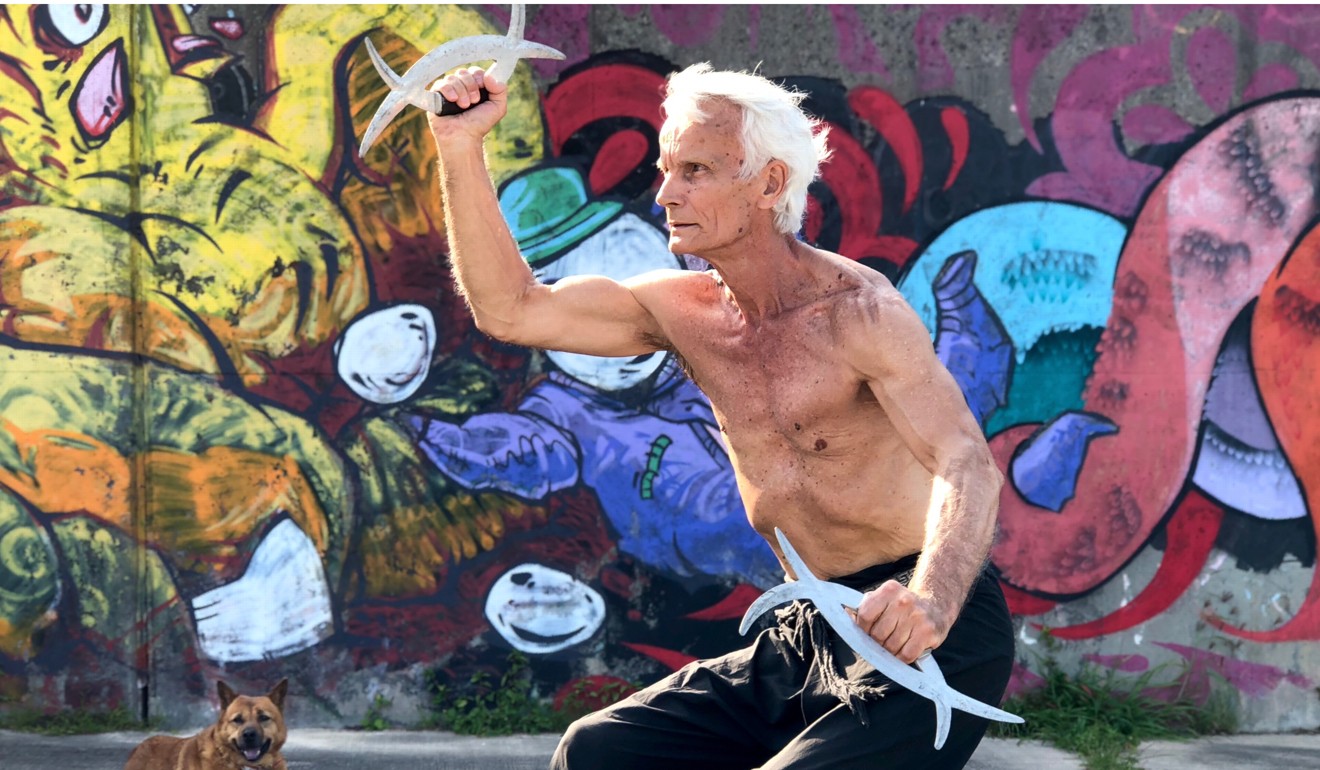
Player credits Hung Gar and TCM for shaping his model of living. “I grew up in a Western medical family where it’s all about the material aspects of medicine … yet I was made better by someone who didn’t use chemicals, drugs or physical operations … it was all about energy.”
Before he and his wife Karen Ho depart for a shoot, with a Kwan Dou sword in tow, Player leaves behind a final thought. “You think of kung fu as Bruce Lee and fighting … kung fu is actually a Buddhist term meaning ‘any dedicated activity towards achieving mindfulness’; that was the original meaning of the word – not fighting.”
This article appeared in the South China Morning Post print edition as: All t he right m o ves
https://www.scmp.com/lifestyle/health-wellness/article/2178029/five-top-tips-kung-fu-master-healthy-life-and-after-60

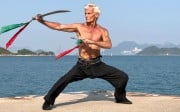

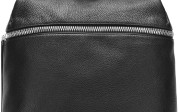
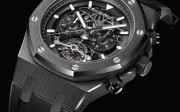


Comments